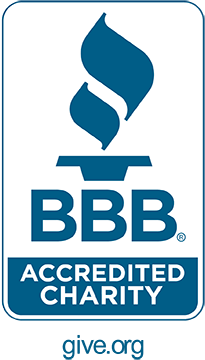Abstract: Little is known about psychosocial or ‘internal’ behaviours that can perpetuate chronic poverty and how to alleviate them in development programmes. This paper presents a conceptual and evaluation framework examining the relationship between a person’s psychosocial behaviours, empowerment and economic wellbeing. The framework shows empowerment is enabled or limited by internal behaviours – including one’s identity, aspiration, hope and confidence. We tested the framework on a behaviour change intervention among 1508 extremely poor smallholder farmers in Zambia. The intervention was a six-session curriculum for promoting positive mindsets using faith-based messages. We used concurrent mixed methods to examine changes and differences in levels of empowerment for individuals exposed to the intervention and those not. We found significant correlations between participation in the intervention and improvements in participants’ internal attitudes and overall empowerment. The framework and mixed methods evaluation offer insights into how to design programmes to address internal constraints to empowerment.
This article addresses two objectives. First, we offer a conceptual framework to understand the causal pathways through which psychosocial factors can impact individuals’ economic and social wellbeing. We posit that internal behaviours drive a person’s sense of empowerment, which can limit or drive actions to achieve wellbeing. The paper’s second objective is to empirically test the framework. We evaluated the effects of a social behaviour change intervention for mindset support, the empowered worldview (EWV), in Zambia. The EWV intervention was developed by World Vision, a child-focused, international humanitarian and development organisation. The EWV intervention has been applied in programmes across sub-Saharan Africa, South-East Asia and Central America to positively influence beliefs about self and ultimately, the livelihood choices and outcomes of people living in poverty. In Zambia, the EWV intervention was implemented as part of an economic empowerment programme for smallholder farmers, the Transforming Household Resilience in Vulnerable Environments (THRIVE) programme.





